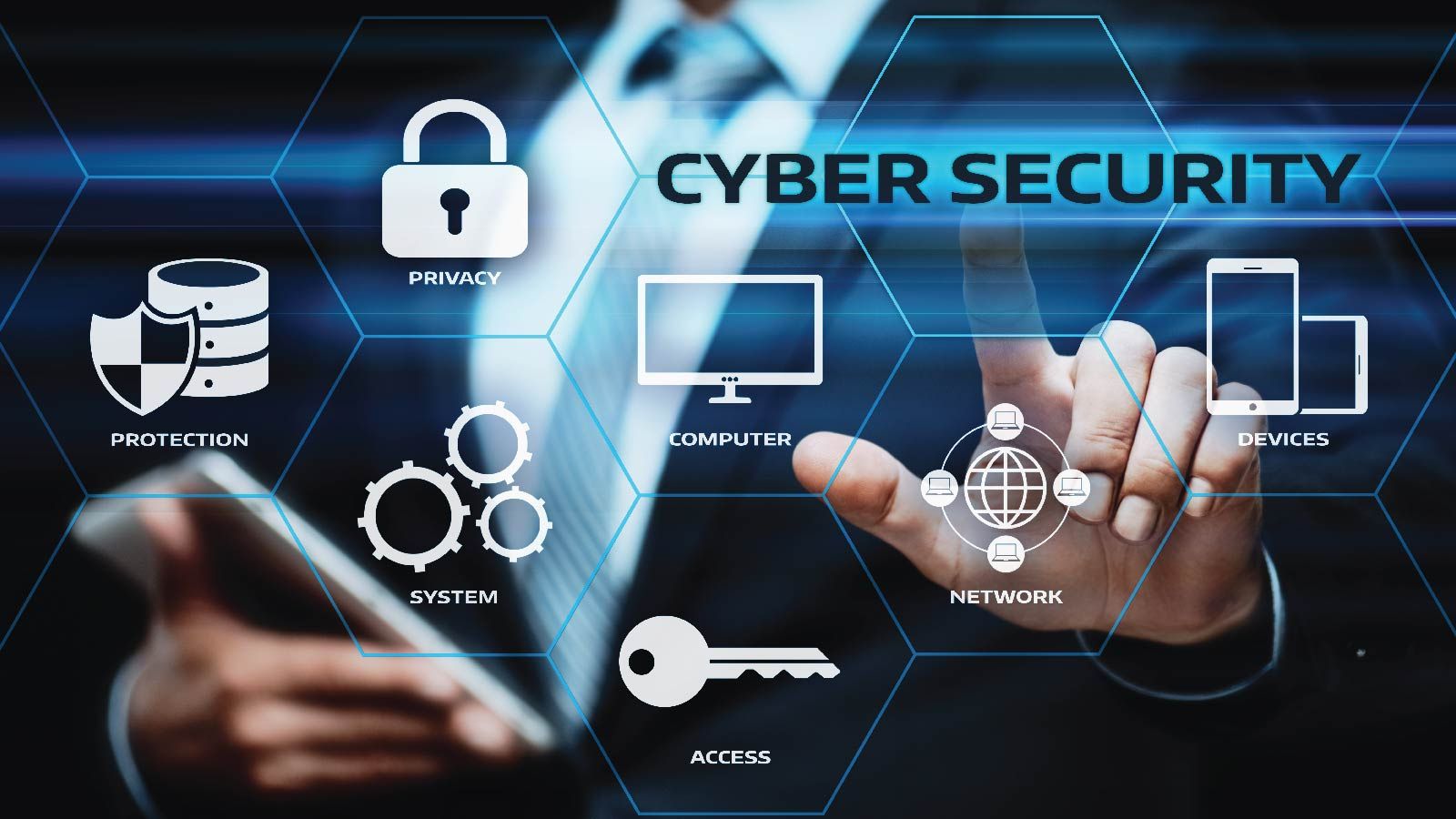
Protecting your data is now essential for safeguarding our digital lives. In the digital age, encompassing personal information and sensitive business documents. This shift has brought unparalleled convenience and connectivity but also unleashed cyber threats.
Hackers and cybercriminals are constantly devising new ways to infiltrate our systems and steal or manipulate our valuable data. In this article, we will explore the essential steps you can take to safeguard your data and protect yourself from these ever-evolving cybersecurity risks.
Whether you are an individual user or a business owner, understanding these cybersecurity essentials is crucial for maintaining privacy, preserving trust, and keeping your digital life secure in today’s interconnected world.
The Growing Importance of Cybersecurity
In today’s digital age, protecting our data has become more crucial than ever before. With the rapid advancements in technology and the increasing reliance on the internet, cyber threats have grown exponentially.
From phishing scams to ransomware attacks, cybercriminals are constantly finding new ways to exploit vulnerabilities and gain unauthorized access to personal and sensitive information.
One of the main reasons why cybersecurity is gaining prominence is due to the rising number of high-profile data breaches. Whether it’s a major corporation or a small business, no organization is immune to these attacks.
The consequences can be disastrous – not only for financial stability but also for reputational damage. Customers are becoming increasingly aware of their rights regarding privacy and data protection, so organizations that fail to invest in robust cybersecurity measures may face significant backlash.
Another factor contributing to the growing importance of cybersecurity is our increasing reliance on digital platforms for various aspects of our lives.
From online banking and shopping to social media interactions and healthcare services, almost everything we do nowadays involves some form of digital interaction or transaction.
Building a Strong Defense

Protecting your data has become more crucial than ever in today’s digital age. It is not enough to rely solely on basic security measures; building a strong defence requires a multi-layered approach. One essential security measure is implementing firewalls.
Firewalls act as a barrier between your internal network and external threats, preventing unauthorized access to your systems and data. By setting up both external and internal firewalls, you create an additional layer of protection for your sensitive information.
Another crucial aspect of building a strong defence is regularly updating and patching software. Cybercriminals are constantly looking for vulnerabilities in operating systems or applications that they can exploit to gain access to your data.
Therefore, keeping all software up-to-date is imperative as vendors release patches to fix known security issues.
Protecting Business Data
Protecting business data has become essential in today’s digital landscape, where cyber threats are constantly evolving. Organizations must employ effective strategies to safeguard their sensitive information and maintain the trust of their customers.
One key aspect of data protection is implementing strong authentication protocols. Passwords alone are no longer sufficient; organizations should consider two-factor authentication or even biometric measures such as fingerprint or facial recognition to enhance security.
Another crucial strategy for protecting business data is regular data backups. Companies should have a robust backup system in place that creates copies of critical information on a regular basis.
This ensures that if the primary data gets compromised or lost, there is always a recent and retrievable version to fall back on.
Additionally, adopting encryption mechanisms for sensitive and confidential information significantly reduces the risk of unauthorized access even if attackers manage to breach other security layers.
The Role of Technology in Cybersecurity

Protecting your data has become increasingly critical in today’s digital age, and technology plays a crucial role in achieving this. With the proliferation of cyber threats, organizations need to leverage advanced technologies to defend against sophisticated attacks.
One emerging technology that is transforming the cybersecurity landscape is artificial intelligence (AI). AI-powered systems analyze vast amounts of data and identify patterns that can indicate potential security breaches or vulnerabilities.
By swiftly detecting and responding to these threats in real time, organizations can effectively prevent or mitigate cyber attacks.
Another technology making waves in cybersecurity is blockchain. Originally developed for cryptocurrencies like Bitcoin, blockchain offers an innovative approach to protecting sensitive information.
Its decentralized nature makes it extremely difficult for cybercriminals to tamper with stored data, as each transaction is verified by a network of computers rather than a single authority.
This makes blockchain a compelling solution for industries such as finance and healthcare where secure transactions and data privacy are paramount.
Conclusion: Protecting Your Data
In today’s hyper-connected world, protecting your data has become more critical than ever before. While advancements in technology have undoubtedly made our lives more convenient, they have also exposed us to numerous risks and vulnerabilities.
As hackers and cybercriminals continuously develop new tactics to breach security systems, it is imperative for individuals and organizations alike to maintain a sense of perpetual alertness. One key aspect of continuous vigilance is regularly updating and strengthening cybersecurity measures.
Cybersecurity threats are constantly evolving, and the methods that were effective yesterday may not be sufficient tomorrow. By staying informed about emerging threats and implementing robust security protocols, individuals can mitigate the risk of falling victim to cyber-attacks.